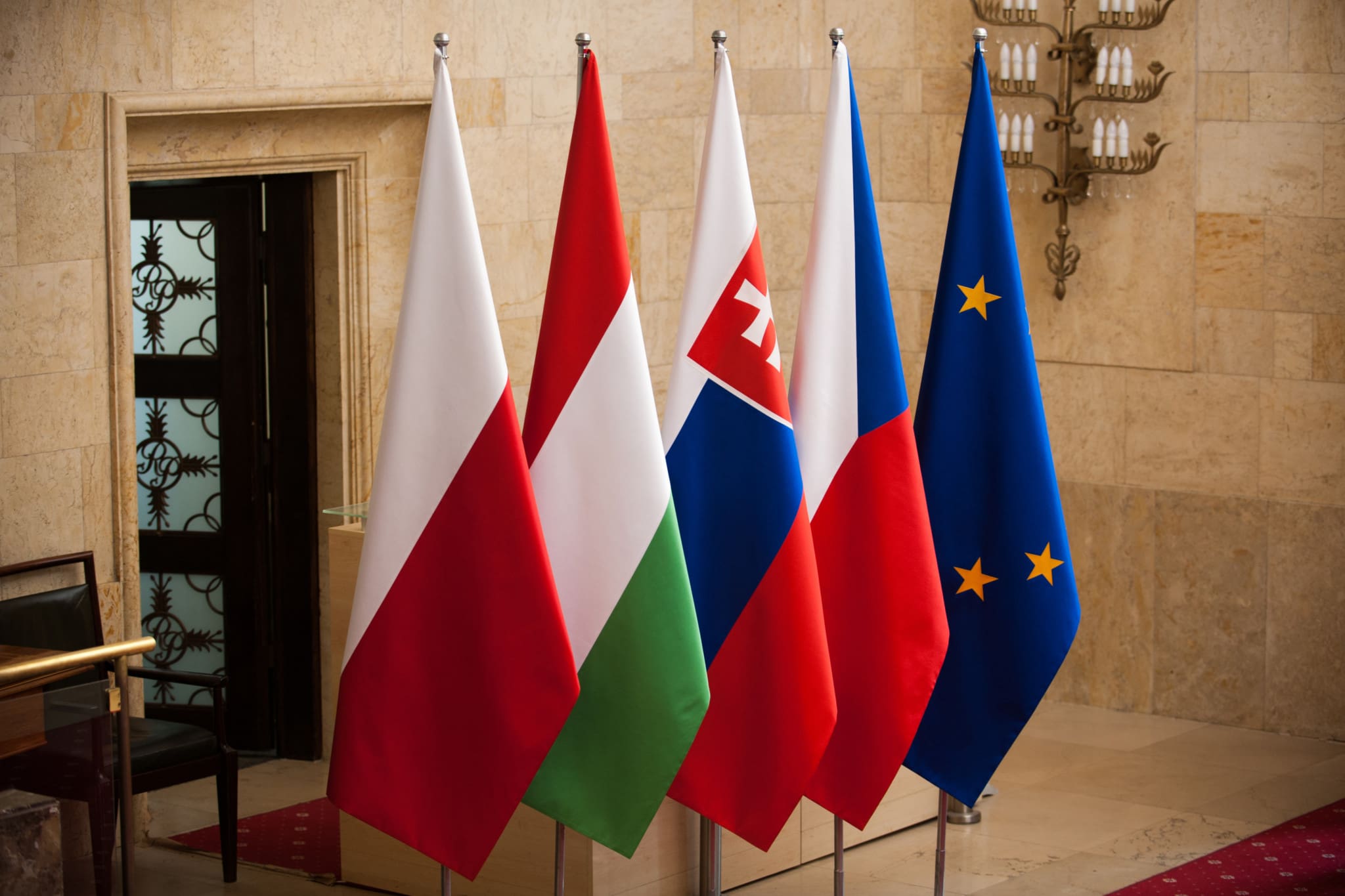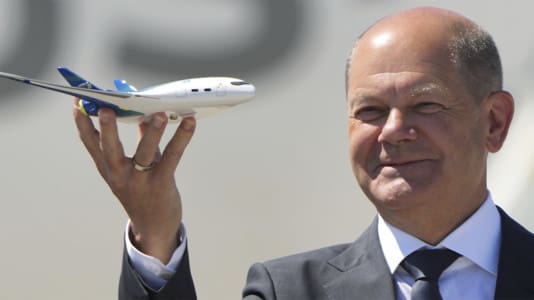Hungary’s commitment to neutrality in relation to the conflict in Ukraine deviates from the majority-held view across Europe, and this could be a factor in the Czech Republic leaving the Visegrád Group, Czech President-elect Petr Pavel has warned.
Discussing the issue in a live-streamed Café Evropa debate on Friday, Pavel questioned the solidarity of the Visegrád nations, the so-called V4 — Czechia, Slovakia, Poland and Hungary.
“Hungary has been going its own way for a long time,” Pavel said, speaking alongside Věra Jourová, a Czech politician and EU vice-president who has long been known for her criticism of the Orbán administration in Budapest.
“If we cannot agree on basic issues — such as the relationship with Russia and Ukraine — it is a fundamental problem for the Visegrád Four,” Pavel said, claiming it is questionable whether in such circumstances Czechia should remain a member of the political alliance.
In typical fashion, Jourová criticized some European politicians who she claimed were handling Hungary’s non-compliance with the European mainstream’s view on Ukraine with “unnecessarily slick correctness.” She claimed Orbán’s administration must be called out more often and confirmed the European Commission would continue to pursue litigation against Hungary for alleged rule of law violations.
Pavel has called out the Hungarian government on previous occasions but has always refrained from suggesting Czechia should leave the V4.
In an interview with the TASR news agency earlier this month, the Czech president-elect claimed that “Viktor Orbán has changed a lot,” highlighting that when he started in politics he was “a very progressive, young liberal… but the turn that Viktor Orbán has made since then is almost 180 degrees.”
He acknowledged the “quite fundamental” difference of opinion between the Czech and Hungary governments on the Ukrainian issue, but insisted he would not advocate Czechia leaving the V4 over the matter, instead saying: “We should work to bring those positions closer together again, if possible, because then we will not have much relevance as a grouping.”
Pavel’s harsher rhetoric last week is somewhat surprising given his own most-recent comments on the conflict in Ukraine. The former NATO general infuriated Ukrainian government officials at the Munich Security Conference earlier this month after warning against a resounding Ukrainian victory that could destabilize the Russian Federation.
He said such a situation would be undesirable for stability in Europe, and a collapsed Russia would become a huge security risk.
“If Russia collapses, then we may have more problems, we have no one to negotiate disarmament with,” he stressed, adding that while NATO allies “need to be careful about pushing Ukraine to a certain result” such as a brokered peace agreement, it is possible that “Ukraine will change its vision.”






